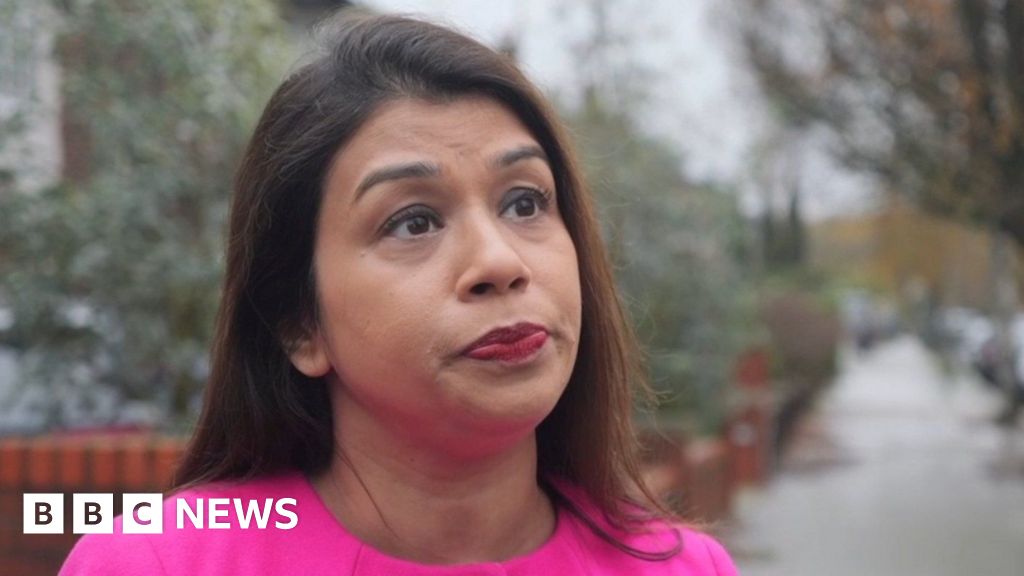Chancellor Rachel Reeves should avoid “directionless tinkering and half-baked fixes” when trying to boost the government’s tax take in next month’s Budget, a leading think tank has said.
Taxes are widely expected to go up in the Budget, with pressure on the chancellor to raise money in order to meet her self-imposed rules for government finances.
The Institute for Fiscal Studies (IFS) has said Reeves could raise tens of billions of pounds a year more in revenue without breaking manifesto promises, but this would not be straightforward.
The Treasury said the chancellor had been clear the Budget would strike a balance between funding public services while encouraging growth.
Some analysts have estimated Reeves will have to find money to fill a black hole in the region of £20bn by either increasing taxes or cutting spending in order to meet her rules, which she has described as “non-negotiable”.
The two main rules are:
- Not to borrow to fund day-to-day public spending by the end of this parliament
- To get government debt falling as a share of national income by the end of this parliament
In its manifesto for the 2024 general election, Labour promised not to increase income tax, National Insurance or VAT for working people.
The IFS report looks at a number of trade-offs the government could make in an effort to bring in more income.
Beyond the three main taxes, the IFS cautions there are “serious constraints” on the next four biggest taxes – corporation tax, council tax, business rates and fuel duties – and that “some other tax-raising options would be especially economically harmful”.
Options the IFS suggests include:
- doubling council tax on the most expensive properties, which could raise £4bn
- abolish relief on inheritance tax for main homes, which could raise £6bn
- extending the current freeze on income tax thresholds, which is due to end in 2028, which it says could raise “a significant amount”. Speaking to the BBC in September, Rachel Reeves did not rule this out.
The think tank warns against a wealth tax, which it said would face “huge practical challenges”, potentially penalising savings and encouraging wealthier people to leave the country.
The IFS also noted that restricting income tax relief for pension contributions could potentially raise a large sum but should be avoided as it would be “unfair and distortionary”.
It said there were “better options” for increasing tax on pensions, such as reforming the tax-free element.
The IFS’s analysis comes in an extract from its annual Green Budget, which looks at the challenges facing the chancellor.
In it, the think tank urged wider reform to the tax system which would align “overall tax rates across different forms of income”, something it says would be “fairer and more growth friendly”.
It suggests reforms to property tax and capital gains tax as “good places to start”.
Speaking to the Today programme IFS director Helen Miller called stamp duty an “absolutely awful tax” and said council tax, which is based on 1991 property valuations, was “ludicrously out of date” and “regressive”.
“Make it a tax based on up-to-date property values, make it proportional, and raise revenue from that rather than the current council tax and stamp duty,” she added.
She said that Reeves’ last Budget, which most notably increased National Insurance on employers, had left “only losers”, whereas making reforms to the tax system would mean “you could have some winners”.
“If you do a reform approach, you can say you’re doing something for a principled reason, and make the system better, make us all better off, ultimately,” she said.
“At least you’ve got some good news to go alongside the inevitable upset from raised taxes.”
A Treasury spokesperson said: “The chancellor has been clear that at Budget she will strike the right balance between making sure that we have enough money to fund our public services, whilst also ensuring that we can bring growth and investment to businesses.”


